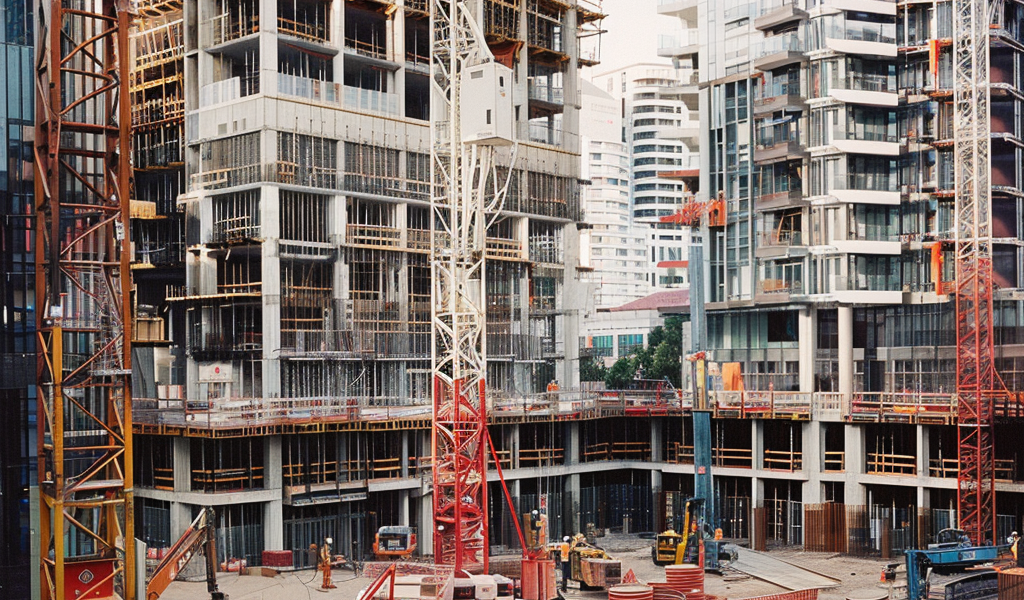Property developers in Perth are facing challenges as prohibitive construction costs and labor shortages hinder new projects amid the city’s housing crisis. With vacancy rates at an alarming 0.4 per cent and a daily influx of 220 new residents to Western Australia, high-density developments are approved but remain stagnant due to various obstacles.
Tanya Steinbeck, the chief executive of Urban Development Institute of Australia WA, highlighted that over a dozen apartment projects, totaling around 2000 homes, have been approved but are stalled due to soaring construction expenses. The exodus of tradespeople from Perth pre-COVID in search of better pay, coupled with unexpected demand spikes post-building incentives, has left the industry struggling with workforce shortages and supply chain disruptions.
Construction timelines have extended from six months to three or four years, exacerbating the housing crisis in Perth. The surge in migration following COVID has further intensified the pressure on the city’s housing market. To incentivize developers to proceed with unprofitable projects, industry experts are urging the state government to enhance existing assistance packages.
One such initiative is the government’s $80 million Infrastructure Development Fund, offering developers a $10,000 rebate per apartment in specified areas. While this is a step in the right direction, it falls short of covering the average cost gap of approximately $18,000 per apartment, according to Ms. Steinbeck. By increasing the government’s contribution to $20,000, developers believe projects could be expedited, leading to a positive impact on the housing sector.
Richard Pappas, the managing director of Celsius Property Group, emphasized that with Perth house prices projected to rise by 16 per cent this year, the cost ratio may eventually become profitable for projects, albeit over an 18-month timeline. However, accelerating this process would require increased government support.
While developments in affluent areas of Perth are currently financially viable, suburbs near the CBD like Victoria Park present challenges for high-density projects. Mr. Pappas suggested that a higher government contribution could stimulate construction in these areas, creating a ripple effect across the housing market.
Addressing the apartment supply conundrum in Perth is crucial to alleviating the housing price surge and meeting the growing demand for accommodation in the city. By bridging the gap between construction costs and project profitability, stakeholders aim to unlock thousands of new homes and foster a more sustainable housing market in Perth.





